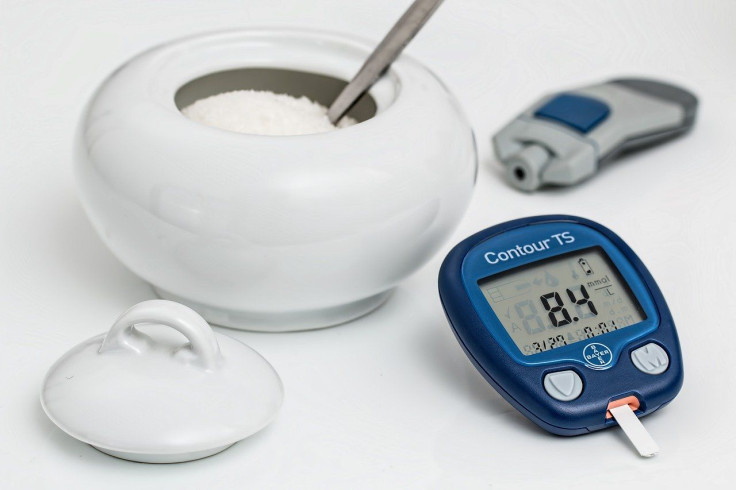Diabetes Alert: This Class Of Drug Linked To Increased DKA Risk

KEY POINTS
- New research found a class of diabetes medication that poses a health risk
- They discovered that SGLT2 puts patients at risk for diabetic ketoacidosis (DKA)
- The research highlighted that doctors need to be aware of this
A class of diabetes medication exposes people to a higher risk of diabetic ketoacidosis (DKA) compared to patients taking another drug, a new study reveals.
Researchers found that SGLT2, a class of diabetes drug, causes several upsetting side effects, like infections and likely increased risk of DKA.
Sodium-glucose cotransporter-2 or SGLT2 inhibitors like Jardiance, Invokana and Farxiga are among the newer type of orally-administered diabetes medication, US News and World Report said. This class of drugs is known for its many positive effects, which include reducing the patient's risk of kidney disease, heart failure, heart attack and death from heart disease.
Kristian Filion, the senior author of the study, said the study indicates that DKA seems to be a side effect of SGLT2. "There was some uncertainty about how much the risk of DKA was, so we wanted to get a more precise estimate of the risk. We found a threefold increased risk," Filion, who is a clinical epidemiology investigator at the Lady Davis Institute at Jewish General Hospital in Montreal, Canada, said.
The U.S. Food and Drug Administration stated that SGLT2 inhibitors force the kidneys to get rid of blood sugar through urination, which then lowers the total blood sugar levels. Dr. Akankasha Goyal, NYU Langone Health endocrinologist, explained that when the inhibitors reduce levels of blood sugar, insulin production also slows. Insulin is a hormone needed by the body to transport sugar from the blood to the cells.
If insulin levels are low, the body uses its stored fat for energy instead of utilizing blood sugar to fuel the cells. Ketones are a by-product of this process, the American Diabetes Association (ADA) stated. If there is ketone build-up in the blood, it will become overly acidic and cause diabetic ketoacidosis.
"DKA is a diabetic emergency. Someone in DKA needs to be hospitalized," Goyal said. The condition is rare in type 2 diabetics because they often produce enough insulin to prevent this. DKA, if left untreated, can lead to fatal consequences.
The new study included over 200,000 patients suffering from type 2 diabetes who began using SGLT2 inhibitors in the years between 2013 and 2018. They were then compared to a matched cluster of patients who took another class of diabetes drugs called DPP-4 inhibitors.
During the study, 521 people were found to have DKA. Among those taking SGLT2 inhibitors, DKA risk was almost three times bigger, the study found. The risk differed with the kind of SGLT2 inhibitor used.
Dapagliflozin (Farxiga) was associated with an 86% rise in DKA risk, while diabetics using empagliflozin (Jardiance) were at twice the risk of DKA compared to patients on DPP-4s, researchers wrote in their study.
Goyal said DKA risk is at its highest when a patient starts taking an SGLT2 inhibitor. One way of preventing this from happening is to stay hydrated. It is also important to consult with a doctor before taking new medications. Being aware of the DKA symptoms is also vital so patients can immediately seek treatment when needed.
© Copyright IBTimes 2025. All rights reserved.





















